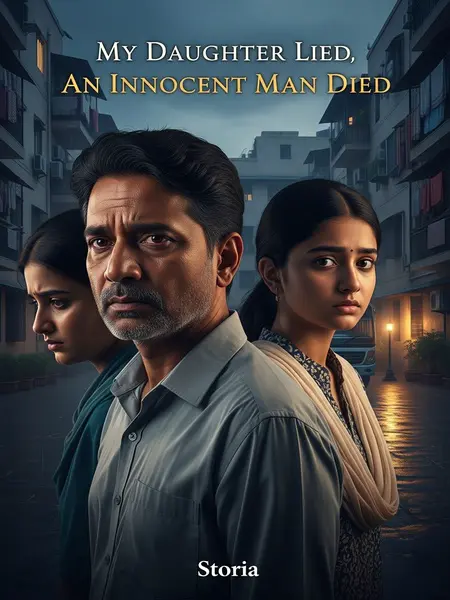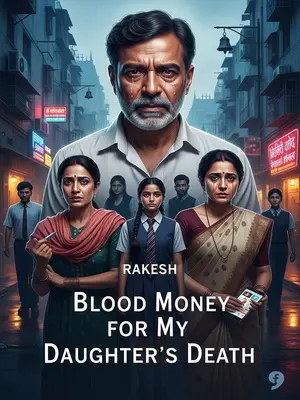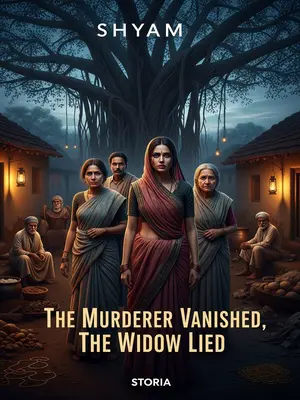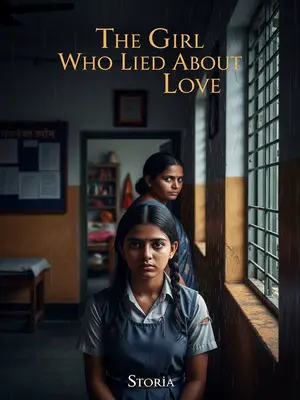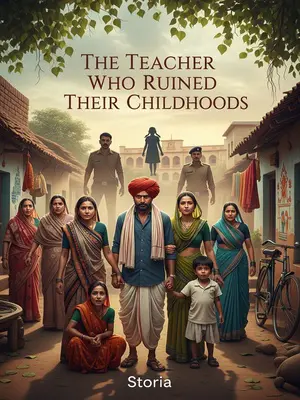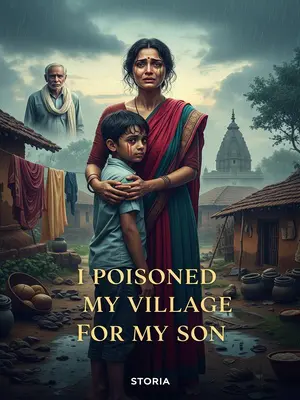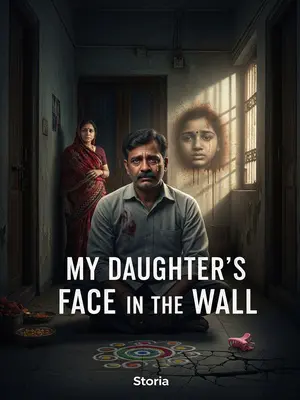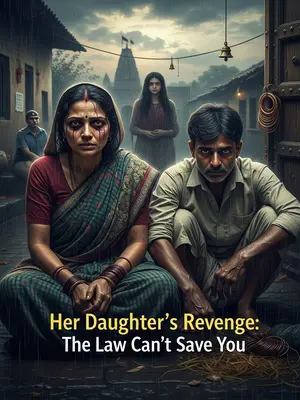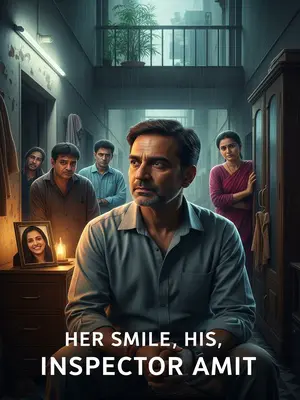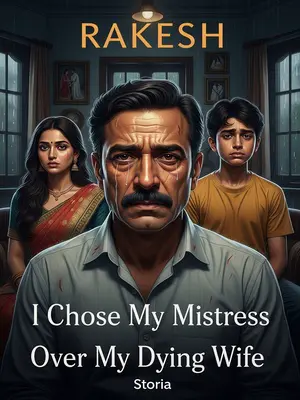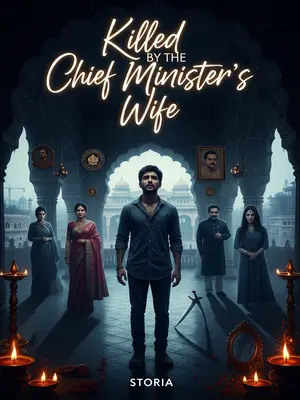Chapter 2: The Accusation
A few days later, my daughter suddenly said she had been “touched” by someone. We immediately asked her what had happened.
It was a Thursday—I remember because the scent of Meera’s coconut chutney still lingered in the air from breakfast. My daughter came in, her school bag tossed onto the sofa, her face pale. "Papa, today something bad happened. Someone touched me," she whispered. My heart skipped a beat. Meera rushed over, hands trembling, "Beta, who? Where?"
“This afternoon, when I was about to get off the bus, the school bus driver stopped me. He said unless I let him touch my bum, he wouldn’t let me off. I was really scared, so...”
Meera gasped, her hand flying to her mouth. A hot wave of disbelief and anger rose inside me. Our daughter’s words came out in broken sentences—how she was scared, how the bus was parked near the main gate, how she had no choice. The image made my stomach churn.
She also said that four other girls on the bus—Ayesha, Sheetal, Priya, and Amulya—had been molested by the driver, and could testify for her.
Meera looked at me, her eyes pleading for me to act. The sense of solidarity among the girls was palpable—they had faced the same evil and now stood together.
Realising the seriousness, I immediately contacted the other four girls and their parents. After confirming my daughter wasn’t lying, we took her to the local police station in Kaveripur to report it.
That night was pure chaos. Calls flew back and forth, aunties wept, fathers stormed the balconies, cursing under their breath. We bundled up our daughter and drove to the old police station near Sabzi Mandi. The fluorescent lights flickered as we waited our turn. The inspector, a burly man with a thick mustache, listened quietly, jotting down notes as we spoke. Even as parents shouted at the counter, WhatsApp messages pinged non-stop—updates, photos, frantic questions. An uncle was pacing the corridor, calling a local journalist, voice urgent and low.
Since all the victims were children, the police took the case seriously. Within an hour, the school bus driver, Ramesh Yadav, was arrested. He was a retired havildar, middle-aged, unmarried, with a high school education.
I’d known Ramesh only as the quiet driver who greeted us with folded hands at school functions, sometimes sharing a half-smile over a glass of tea. Now, the constable went to his one-room rented house behind the temple and brought him in, his hair still oiled, his eyes wild with fear.
When Ramesh was brought to the police station, the furious parents surged forward and began hitting and kicking him. My wife stuffed two Bisleri bottles into her Biba bag and swung it at Ramesh’s head, snapping the bag’s strap.
The thana was a scene of pandemonium—shouts, tears, curses, and phones buzzing. Meera, who I’d never seen raise her voice, hurled her bag with all her strength. Mrs. Kapadia tried to slap Ramesh, but a constable pulled her back. The air was thick with sweat, fear, and cheap talcum powder. Ramesh, hands up, eyes darting, stood in the middle of the storm.
But under repeated police questioning, Ramesh desperately pleaded his innocence. He fell at their feet, folding his hands, tears streaming—‘Bachaiye saab, meri maa ki kasam!’
His voice broke, "Saab, meri maa ki kasam, I have done nothing. My Amma is sick, saab, I cannot do such a thing. Please, don't ruin my life." Even some of the policemen exchanged uncomfortable glances, but the parents—us included—were in no mood for mercy.
